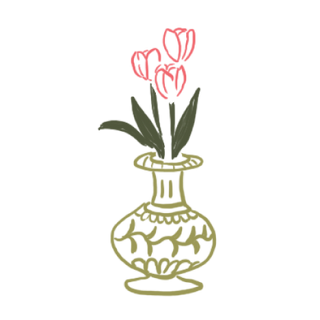I always start a project by creating a moodboard with a client to ensure alignment on the visual direction and overall feel. This collaborative process sets a strong foundation for a cohesive design, enabling us to build an inspired design from the ground up. Here are my essential steps for creating a strong moodboard that drives clarity and creativity in the design process.
The Process
02. KEY WORDS
Creating a moodboard based on key words allows you to visually capture the essence of a concept by gathering images, textures, and colors that reflect those specific themes. This process helps to clarify the mood and direction of a project, offering inspiration and focus for design or creative work.
02. COLOR PALETTE
Choosing a monochromatic or two-tone palette for a moodboard ensures visual consistency, creating a cohesive and harmonious aesthetic throughout the design. This approach simplifies the color scheme, allowing the key elements to stand out without overwhelming the viewer.
03. IMAGE SOURCING
When sourcing images for a moodboard, I look beyond the brand itself to include elements from interiors, stationery, fashion, history, and 3D objects, as these diverse influences can spark fresh ideas and unique connections. This broad approach enriches the visual language, helping to create a more layered and dynamic representation of the brand’s identity.



